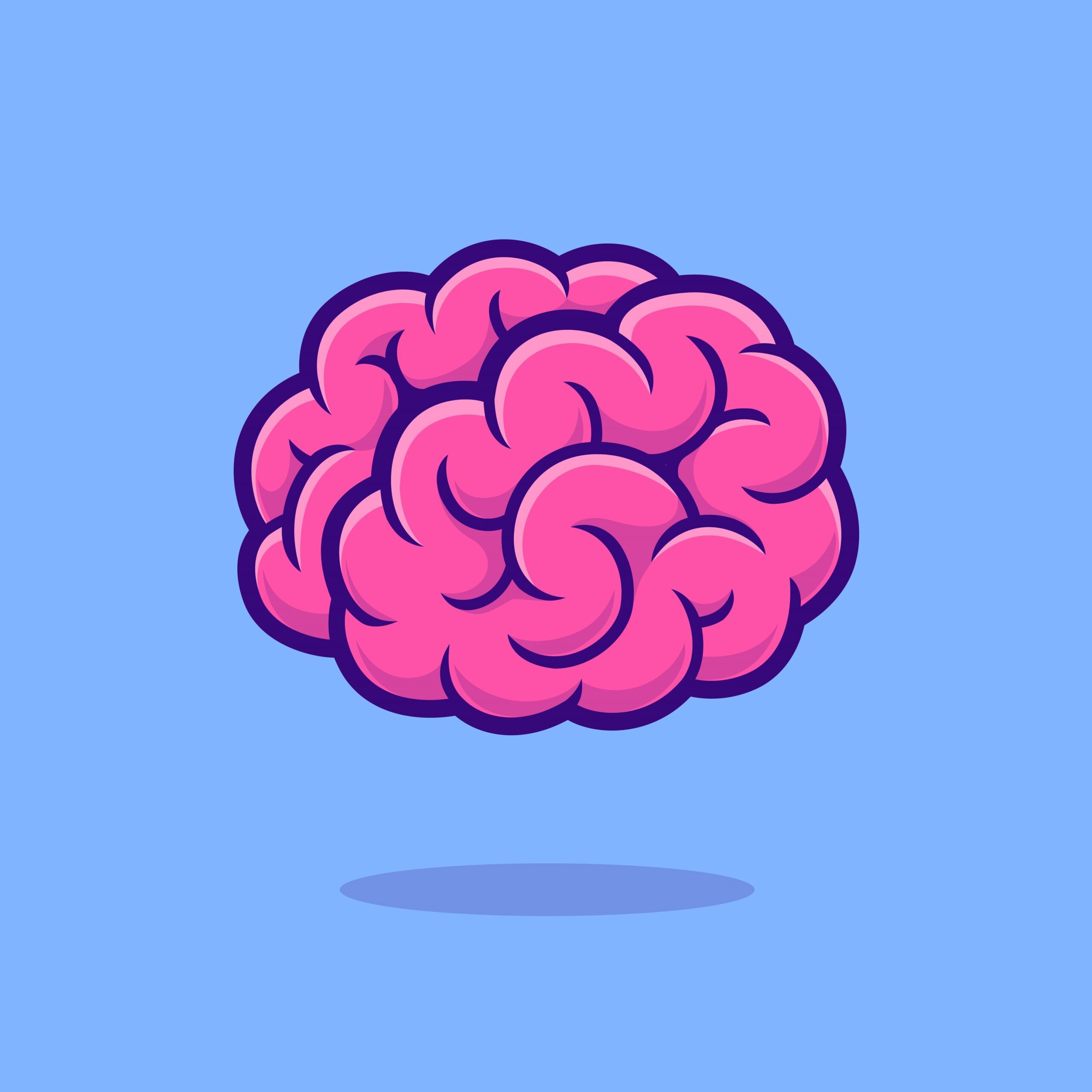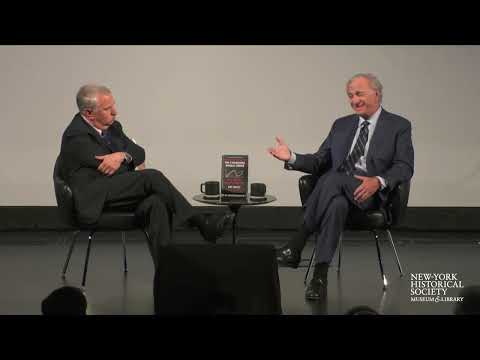Thomas Friedman and Ray Dalio Discuss the Changing World Order
The Importance of Understanding the Changing World Order
- Ray Dalio, a macro investor, decided to write a book on the principles of a changing world order to better understand and navigate the current global landscape.
- He believes that studying historical patterns can provide valuable insights into the rise and fall of empires, reserve currencies, and geopolitical systems.
- Dalio identifies three significant factors shaping the current world order: the unprecedented amount of debt creation and monetization, increasing internal political conflicts, and the changing geopolitical landscape.
“There are three big things that are coming at us in our lifetimes now that didn’t exist before, and that’s the amount of debt creation and the monetization of that debt, the amount of internal conflict, and the changing world geopolitical situation.”
The Historical Relevance of Previous Turbulent Periods
- Dalio draws parallels between the present and the turbulent periods of the 1930s to 1940s.
- He recalls witnessing the currency devaluation in 1971 and discovering a similar event in 1933.
- By studying historical events and their impact on currencies, Dalio began to recognize recurring patterns and cycles.
“Never happened before in our lifetimes, but all happened in the 1930 to 45 period.”
Five Factors Influencing the Rise and Fall of Nations
- Dalio identifies five major factors that account for the rise and fall of countries and geopolitical systems: debt, internal conflicts, changing world order, natural disasters, and technological advancements.
- Of these, acts of nature, such as droughts, floods, and pandemics, have historically caused significant damage and led to the downfall of civilizations.
“Acts of nature, droughts, floods, and pandemics had a bigger effect on toppling civilizations and causing more deaths than the first three I mentioned.”
Man’s Learning and Technological Advancements
- The learning and technological advancements made by humanity play a crucial role in shaping the world order over long periods of time.
- Technological progress and innovation often follow increased education and lead to the establishment of a country’s currency as a reserve currency.
“The biggest force over a long period of time is man’s learning and technologies that they make as a result of that learning.”
How Empires Rise and Decline
- Dalio studied the ten most powerful empires over the past 500 years and the rise and decline of the three major reserve currencies: the Gilder, the British Pound, and the US Dollar.
- By examining factors such as education, innovation, economic output, military strength, and currency power, he identified patterns that occur in the rise and fall of empires.
- The rise and decline of empires generally follow a cycle of major conflict establishing a new leading power, a period of peace and prosperity, financial bubbles, wealth gaps, internal conflicts, and external rivalries.
“The big cycle typically begins after a major conflict, often a war, establishes the new leading power and the new world order.”
Concerns about the Changing World Order
- The speaker expresses concern about the state of affairs in America, finding it bleak.
- Reference is made to the rise of China and its potential impact on the world order.
- The speaker highlights the need for awareness and action in response to these challenges.
“It’s a little scary because it’s a little bleak when it comes to America.”
The Importance of Addressing Structural Issues
- The speaker emphasizes the importance of addressing structural issues in order to reverse the current trajectory.
- Reference is made to the need for a strong middle class and the implementation of healthy policies.
- The speaker suggests that broad-based education and equal opportunity are vital for achieving positive change.
“If we worry about that, maybe we’ll do the healthy things, these basic healthy … broad-based education, equal opportunity.”
Challenges Facing America and the World
- The speaker acknowledges some positive signs, such as the last midterm elections, but notes that overall challenges remain.
- The magnitude of movements and actions taken is seen as relatively small compared to the larger issues at hand.
- Structural issues, such as the debt ceiling problem, hinder progress towards a healthier state.
“The alarms I think are beginning to be heard… the magnitudes of that movement are very small relative to the issues.”
Basic Principles for Economic Health
- The speaker highlights the need to earn more than what is spent in order to achieve economic health.
- The challenge lies in either cutting spending or increasing income.
- The analogy of maintaining personal health through appropriate habits is used to illustrate the importance of financial balance.
“You have to earn more than you spend… You have to cut your spending and that’s a problem or you have to raise your income.”
Importance of Collaboration and Structural Basics
- Collaboration and effective interpersonal interactions are seen as crucial factors in addressing the current challenges.
- The speaker highlights the significance of basic elements like education and nutrition for societies to thrive.
- The notion of equal opportunity, although not perfect, is advocated as a way to address structural issues.
“You have to have a basic… education, nutrition… more equal opportunity… you have to deal with those structural basic issues.”
China’s Success and Cultural Factors
- The speaker discusses China’s success in increasing per capita income, life expectancy, and reducing poverty.
- The speaker attributes China’s progress to reforms and a symbiotic relationship with the United States.
- Cultural factors such as intelligence, discipline, hard work, and creativity are mentioned as contributing to China’s success.
“One of the things that is not understood is how the Confusion way of thinking affects their foreign policy… it’s more of a hierarchical thing.”
Chinese Foreign Policy and Misunderstandings
- The speaker explains how Confucianism influences Chinese foreign policy, emphasizing mutual respect and a hierarchical perspective.
- The speaker suggests that the idea of fighting and conquering is not as prevalent as a hierarchical approach in Chinese thinking.
“I think this idea of fight and Conquer… it is more of a hierarchical thing… a mutual respect.”
“Their water lead they’re disciplined… they’re different cultures within China.”
“I think they want to be as competitive and do as well as they can… I think this idea of fight and Conquer right is not the same.”
China’s rise and leadership style
- China’s rise to power can be attributed to a clear policy set by Deng Xiaoping, which involved regular rotations in power to refresh the system
- This approach also involved hiding power and not alarming the world
- However, the current Chinese president, Xi Jinping, has broken these rules by seeking another term and causing concerns among China’s neighbors and the United States
- The question arises whether China is currently at its peak and how its leadership style impacts its future
“There’s an argument that China got to this rise through a very clear policy laid down by Deng Xiaoping of regular rotations in power… and hiding power a little bit to not freak out the world.”
China’s internal challenges and its impact
- China’s internal problems and the desire to take control of them may have influenced its current leadership style
- This leadership style involves central control and making decisions from the top down, which can be challenging for effective governance
- Fear of making decisions and the impact of the ongoing world conflict also add to the challenges faced by China
- As a result, some Chinese companies and foreign companies operating in China are considering setting up businesses outside the country
“The decision making is very dictatorial from the top down, which makes it very difficult to run a country… and there’s more fear over there.”
Smart bipartisan approach to address extremes
- Thomas Friedman suggests that a smart bipartisan approach is needed to address the extremes in society, such as the rich-poor gap and lack of opportunity.
- He proposes a “Manhattan Project plan” where experts from different backgrounds come together to find solutions and reach agreements on tackling these issues.
- Smart engineering and collaboration can lead to significant progress in addressing these extremes.
- Friedman emphasizes the importance of a bipartisan and smart approach that fights against the opposite extremes in order to achieve meaningful results.
“I think smart people could engineer a lot in order to make that [addressing the extremes], and I almost don’t care what they’ve come up with if it’s smart and they’re bipartisan.”
India’s strengths and weaknesses in the changing world order
- Ray Dalio states that India may be the real winner in the competition between China and the United States due to its projected high growth rate.
- India has advantages such as low costs of education, low levels of indebtedness, and advancements in technology development.
- The country also has a strong middle class and a rising number of millionaires.
- Dalio emphasizes the importance of three basics: earning more than spending, working well together internally, and avoiding external risks like war, to determine a country’s financial condition and prosperity.
“If you take those criteria, those basic things, your financial condition is good, you earn more than you spend, so your income statement and balance sheet are good.”
The impact of AI and its regulation on the world order
- The advent of AI has brought tremendous power and potential to improve human life, but its use and regulation are crucial.
- Lack of regulations poses a problem as AI can be used for positive advancements or for harmful purposes.
- In the absence of a world government or effective regulation, there is a risk that AI could be weaponized.
- China, though behind in chip development, had a competitive advantage through obtaining vast amounts of information and having a larger number of computer engineers.
- The limitations of China’s AI include the inability to access certain information and being behind in technology.
- The current lack of regulation and the potential misuse of AI contribute to an environment of uncertainty and potential disorder.
“So the problem isn’t with the technology, the problem is with the people. And so when we have this war, are we going to use it to improve mankind, or are we going to use it to fight?”
Global Political and Economic Uncertainty
- The next 18 months will bring significant changes with potential consequences such as worsened economy, increased unemployment, and polarized elections.
- The wealth gap between the rich and poor is exacerbating existing political polarity.
- Anti-China sentiment is gaining popularity, adding to the conflict.
- China itself is on the brink of major conflict, whether it be through sanctions, an economic war, or a military war related to Taiwan.
- Disruptive technology is emerging and will have a dramatic impact.
- Currently, there is no coordinated system in place to handle these global challenges, leading to a period of significant disorder.
“That’s likely to be a period of significant disorder.”

